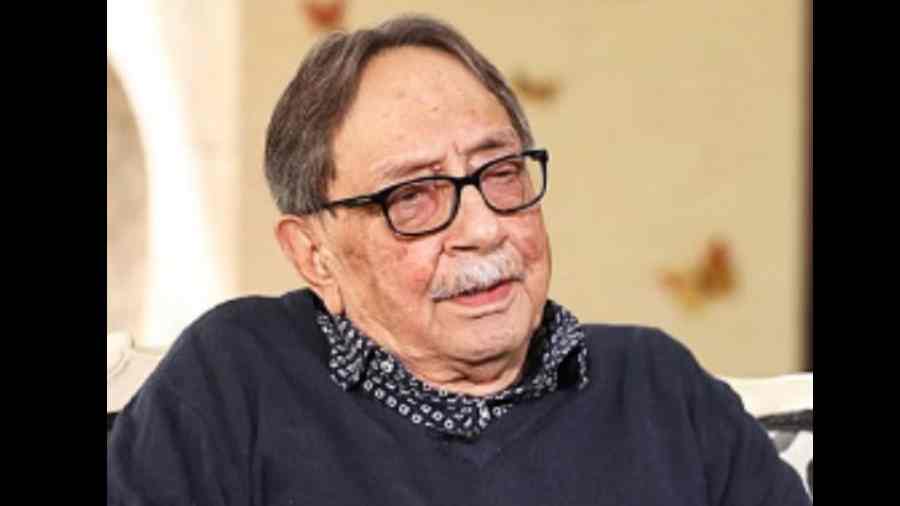A LIFE IN THE SHADOWS: A MEMOIR By A.S. Dulat, HarperCollins, ₹699
In 2010, the British government allowed the noted historian, Keith Jeffery, to write the history of the MI6. Similarly, the Israelis cooperated with Gordon Thomas for an excellent account of the Mossad’s secret world. Unfortunately, there are not too many books in India that improve our understanding in such areas. The government’s unease with declassifying documents and giving people access to archives has kept our knowledge about many important areas of its functioning extremely limited. Retired officials are also restrained from expressing opinions in public because of the confines of the Official Secrets Act.
This memoir by the former spy-master, A.S. Dulat, helps in filling the gap to some extent. Dulat is candid in his assessment of key figures and developments during his time in service and also about his own failures. Unlike many books in this genre, Dulat’s lucid writing and humour keep readers interested as he takes them through his childhood to adulthood, from his rise from a junior desk officer to being the heads of both the Kashmir Group of the Intelligence Bureau and the Research and Analysis Wing. There are no sensational revelations in his retelling of events, but there are some hints related to the death of national leaders. The brief sketches of Prince Charles (now the British monarch), Yasser Arafat and Margaret Thatcher offer glimpses of their character traits.
Dulats’ profiles of some Indian leaders are more detailed. Among them are his mentor in the IB and the former national security adviser, M.K. Narayanan, Arjun Singh, Giani Zail Singh and Farooq Abdullah. Dulat is objective in his assessment of some of these figures but a little gushy in his admiration for the others. While he is critical of Arjun Singh for the Bhopal Gas tragedy of 1984, he glosses over Zail Singh’s role in the rise of Jarnail Singh Bhindranwale, the face of Punjab militancy. Similarly, he is too enamoured of Farooq Abdullah and his pro-Indian stand.
Dulat’s assessment and views stand out because of their support for trust and engagement with not only the separatists in Jammu and Kashmir but also Pakistani officials and agents operating in India. He argues that if India wins over some of them, they could provide the government with useful information. His book highlights the ‘Dulat line’ for engagement and trust, which has pitted itself against Ajit Doval’s counter-terrorism policy. The debate has become part of the larger deliberation on Hindu-Muslim relations in India.
Dulat’s line might prevail if New Delhi thinks of projecting a human face to win over the people of J&K.











